7 Unbelievable Environmental Stories from Every Continent
An around-the-world tour for Earth Day.
In celebration of Earth Day, we went digging into the Atlas Obscura archives to find some of the world’s most surprising stories. In the era of climate change, those stories can be scary, but they can also be hopeful. From the beaches of Sri Lanka to the fields of Ethiopia to the wetlands of Brazil, humans are working together to protect and repair the Earth.
Inside Canada’s Polar Bear Jail
by Lina Zeldovich
Churchill, Canada, sits smack in the middle of the “polar bear highway”—the natural path the animals take to get onto the sea ice every year. Located on the shore of Hudson Bay, Churchill has around 850 human residents and about the same number of bears roaming around. The remote town’s “polar bear jail” helps animals and people safely coexist.

Saving the Mystery Symbols Carved into Australia’s Boab Trees
by Shoshi Parks
For centuries, members of the Indigenous Lingka Clan of northwestern Australia have carved symbols into the bark of the boab tree to identify elements of their worldview. But the trees are at a crossroads. Under the assault of a warming climate and human activity, the trees and their carvings, known as Aboriginal dendroglyphs, are disappearing.
What It Takes to Clean Up a Massive Nurdle Spill
On May 20, 2021, the container ship MV X Press Pearl caught fire just 10 miles off the coast of Sri Lanka. It spilled some 75 billion nurdles—lentil-sized plastic pellets which get processed into things like toys, water bottles, and automobile parts—into the Indian Ocean. “The beach was covered in a thick, white layer of plastic pellets deep enough to cover our knees,” says one woman charged with cleaning them up.

This Nearly Lost Ancient Grain Tradition Could Be the Future of Farming
by Gemma Tarlach
Ethiopia is one of the few places in the world where farmers still grow maslins, the general term for different varieties and species of grain that are sown in the same field. Maslins sustained humans for millennia, possibly predating the rise of agriculture more than 10,000 years ago. Now a small but passionate group of scientists are making the case for farmers around the world to revive maslins, for tastier bread, healthier crops, and more sustainable agriculture.
The Chernobyl Disaster Created an Unexpected Predator Paradise
By Wojciech Mikołuszko
Far from their usual forest hideouts, lynx hunt in fallow fields and fall asleep on asphalt roads. Wolves thrive in abandoned villages, denning and breeding in cemeteries. Throughout the Polesie State Radioecological Reserve in southern Belarus, the density of both species is exceptionally high. And another apex predator visits often: Brown bears pass through almost every summer. The story of these animals, in the massive area of Belarus emptied of humans by the 1986 Chernobyl disaster, has remained unknown to most of the world.

Gas Trapped in Antarctic Ice Recorded the Mass Death of 56 Million People
by Meg St-Esprit
A recent discovery deep within Antarctica’s ice has given scientists new clues about major world events. At the bottom of the globe, data from the last 800,000 years has been locked into the polar ice caps. Plagues, war, and genocide were literally frozen in time.
When Disaster Strikes in Brazil, This Pioneering Veterinarian Jumps Into Action
by João Velozo
For more than a decade veterinarian Carla Sassi has been developing new ways to save Brazil’s animals from peril. Atlas Obscura spoke with Sassi about what sparked her journey into animal rescue and the challenges of working through the devastating recent fire seasons.
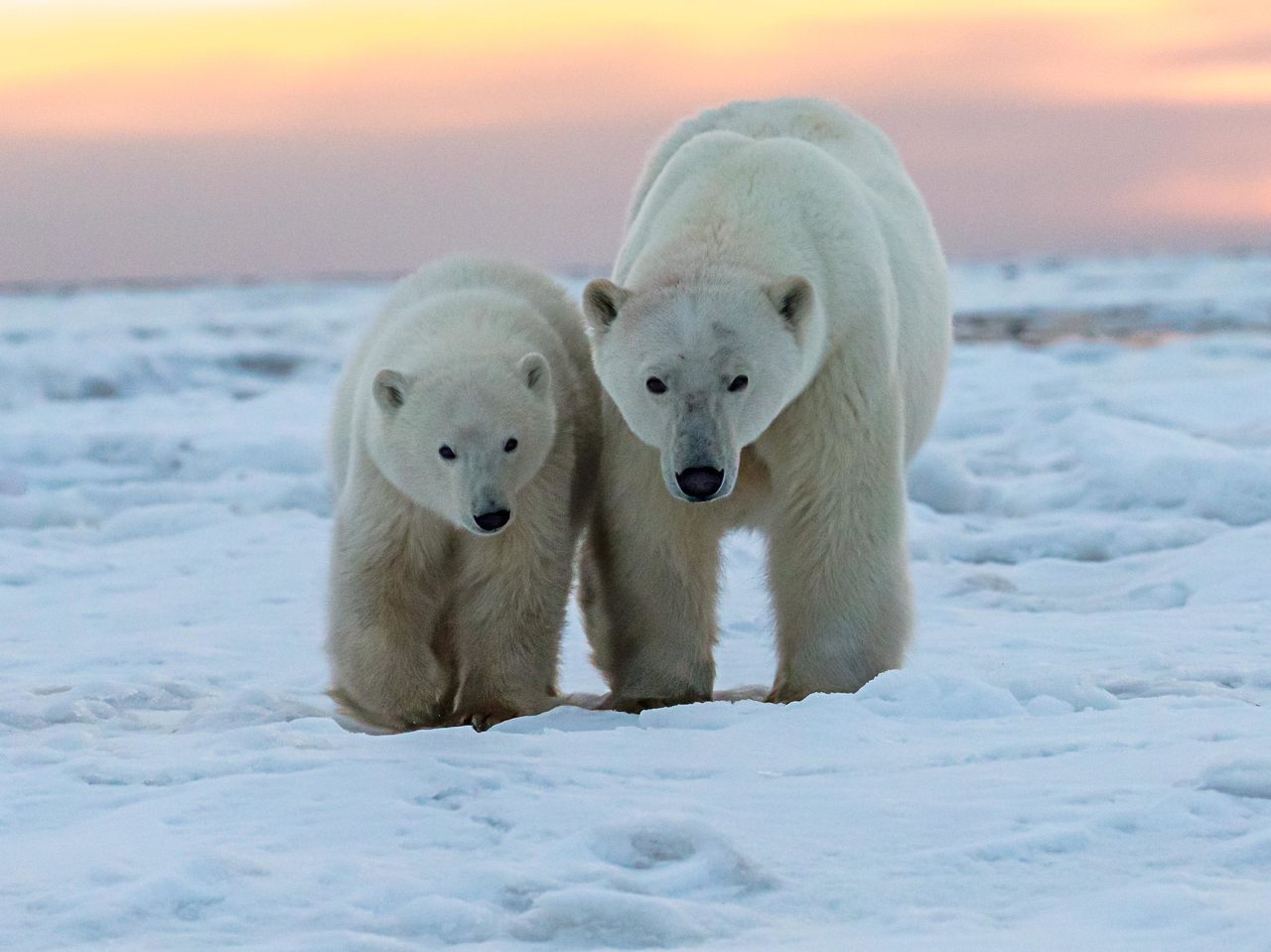
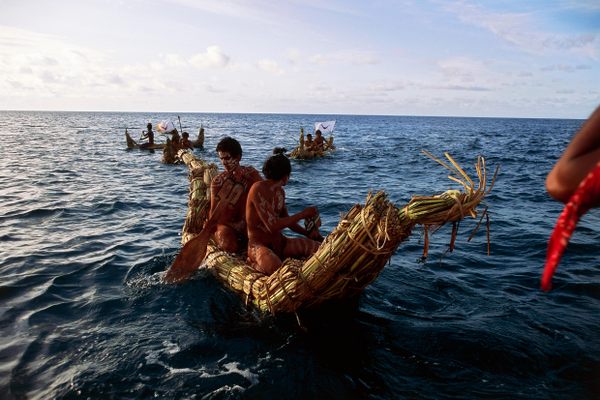

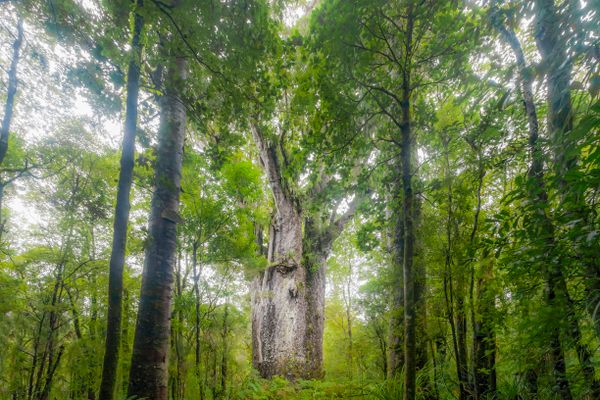
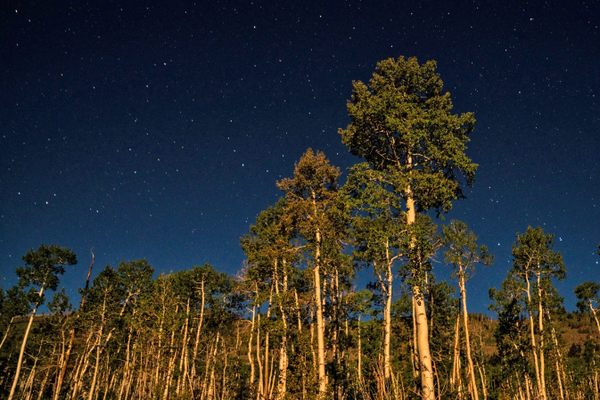



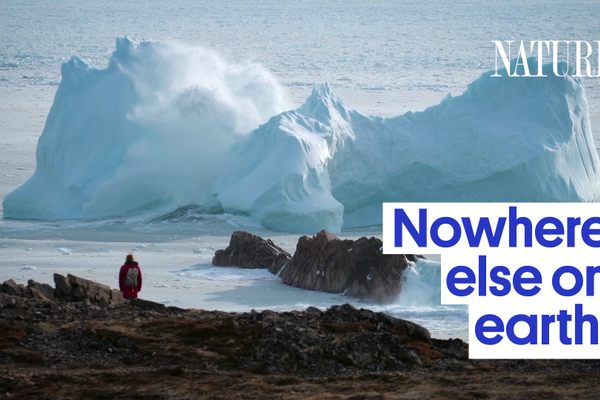
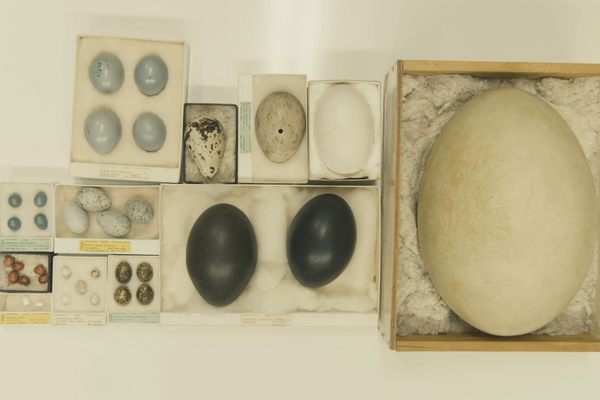
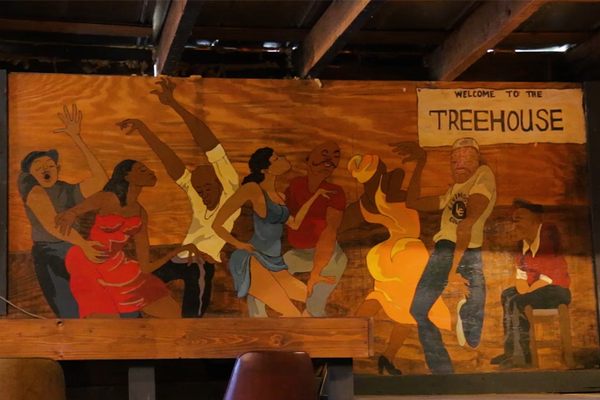
















Follow us on Twitter to get the latest on the world's hidden wonders.
Like us on Facebook to get the latest on the world's hidden wonders.
Follow us on Twitter Like us on Facebook